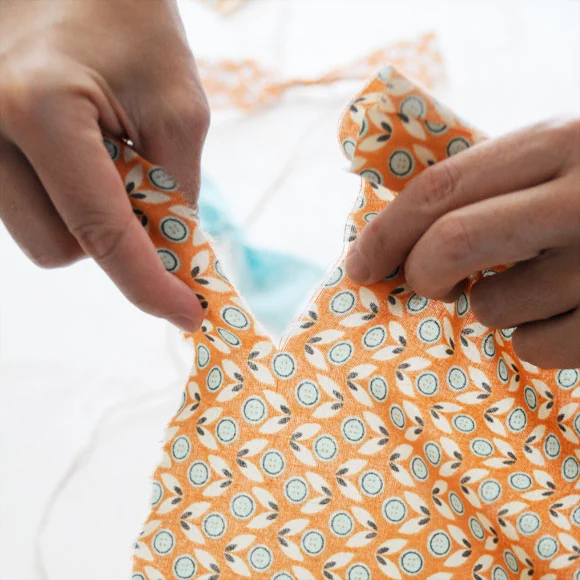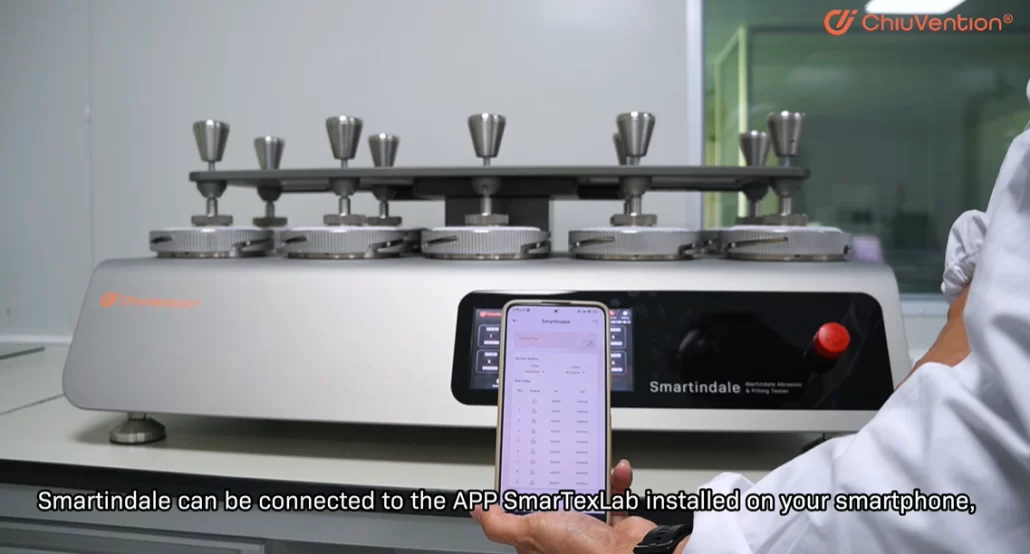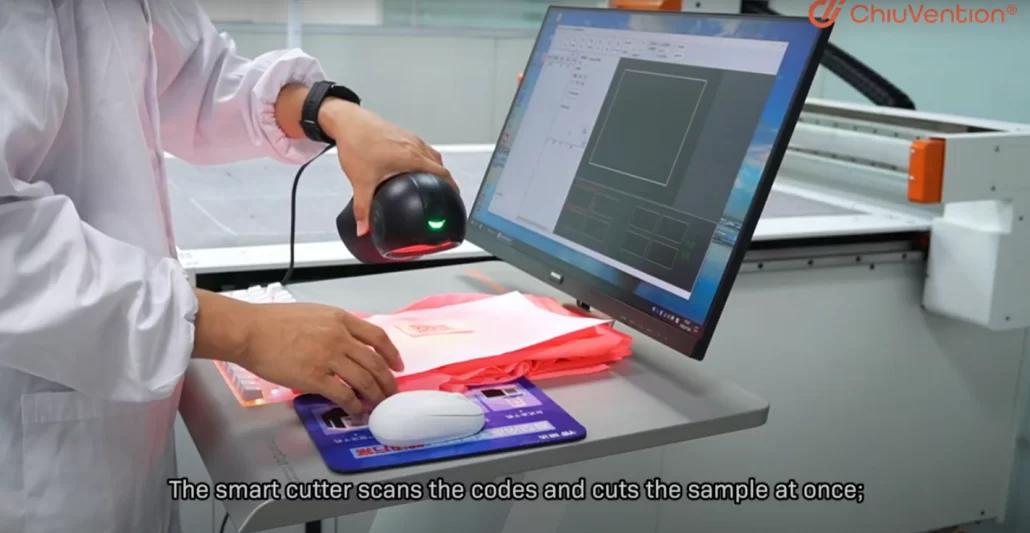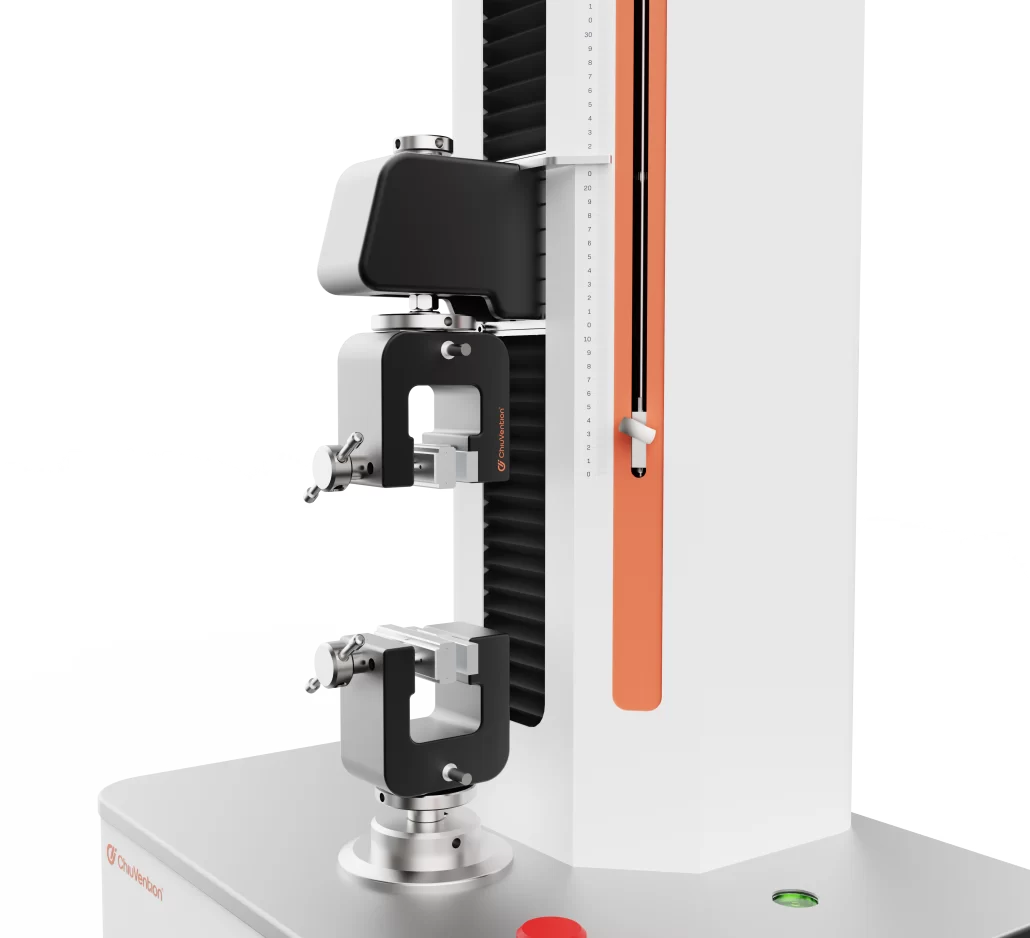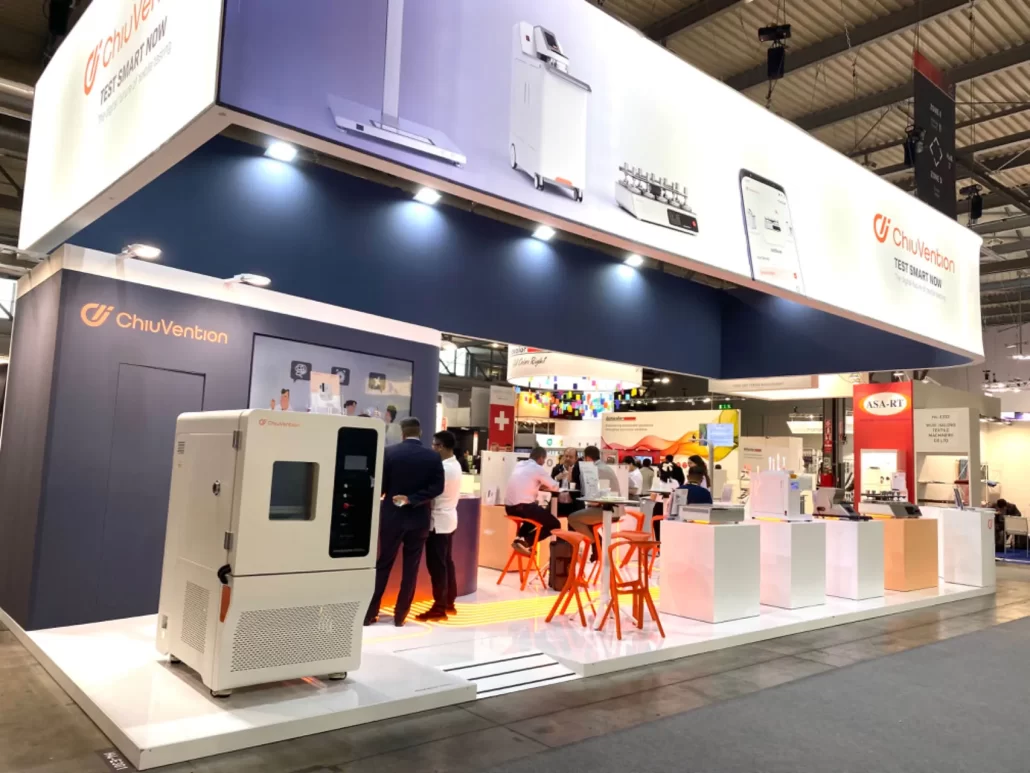Basic Concepts of Textile Air Permeability Test and Moisture Permeability Test Textile air permeability testing and moisture permeability testing are two different test methods. Although both tests are related to the breathability of textiles, their purposes and test methods are quite different. Let’s take a look at the basic concepts of these two tests. First,…
Textile testing is the most important process in the textile industry to produce clothes and other things without any issues. Textile manufacturers highly prioritize textile testing to strengthen brand image and organizational reputation. It involves evaluating the chemical, mechanical, and physical properties of the garment. Today our topic is Textile Testing Industry Status and Trends….
What is quality control in textile testing? Quality control in textile testing is indispensable for ensuring the integrity and reliability of the textile products. Textile testing entails several assessments, together with physical, chemical, and performance tests, to verify compliance with requirements and specs. Testing strategies: Physical tests include critiques of material strength, sturdiness, and dimensional…
Introduction: Ensuring a fabric’s functionality and durability in the textile industry is paramount. A crucial aspect of achieving this is evaluating a fabric’s resistance to tearing. This resistance, known as tear strength, determines how well a fabric can withstand rips, snags, or punctures during everyday use or under specific application demands. Imagine a scenario where…
Colour Fastness to Washing Test is one of the mandatory tests for textiles, today we share a test standard Colour Fastness to Washing Test Test: ISO 105-C08:2010 and explore how to improve the efficiency of the colour fastness test. Scope of Color Fastness to Washing Test This standard specifies a method for determining the…
In the textile industry, ensuring the quality and longevity of fabrics is paramount. Consumers expect their clothing, furniture, upholstery, and other textile products to withstand everyday wear and tear. To guarantee these expectations are met, manufacturers and quality control professionals rely on various testing methods. Among these essential tools, the Martindale Abrasion and Pilling Tester…
Have you heard of Smart Textile Testing? It’s the hottest topic of the textile industry in 2024 and has attracted a great deal of attention from the brand side of the textile industry and the supply chain. Today we share with you a few core messages about textile smart testing. Pain Points in Conventional…
Meet the powerhouse in material testing—the Universal Testing Machine (UTM), or as we call it, the tensile testing machine! This incredible gadget pulls and squeezes raw materials or parts to check how strong they are in both tension and compression. Whether you’re into quality checks or diving into research projects, the UTM has your back,…
Textile Testing Overview Textiles are skin-friendly items, we wear them every day. Different fabrics have different levels of comfort, and their performance is not the same. Fabric will be tested before the processing of clothing production by a variety of textile testing items, so what are the textile testing projects and standards? Generally, we…
Introduction Ever noticed why your smartphone gets too hot in the summer season? Or wondered why some medicines need to stay cool? These common situations underscore the significance of temperature and humidity chambers. These controlled environments are vital in guaranteeing the quality and reliability of the products we depend on. From our pocket gadgets to…



